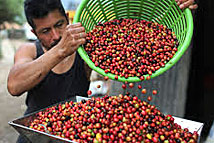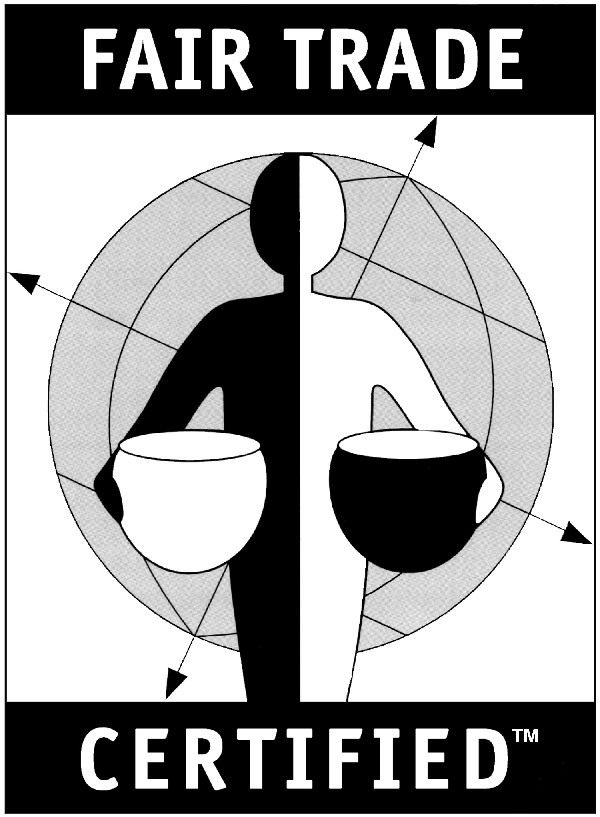Coffee Terminology
The coffee industry has a number of terms and expressions that are utilized to describe tastes and aromas of coffee, as well as industry practices and styles of beverages. The following describes the most common of these:
-
Acidity: A desirable flavour that is sharp and pleasing, but not biting, and usually occurs in high-grown coffees.
-
Acrid: A burnt flavour that is sharp, bitter and perhaps irritating.
-
Aged: Aged coffee implies carefully regulated storage to bring out a heavy body; not to be confused with “old” crop.
-
Arabica: A botanical variety. Grown primarily in Central and South America. These beans are grown at higher altitudes and offer high quality, more flavourful coffee, usually with acidity.
-
Aroma: Volatile pleasant smelling substances with the characteristic odour of coffee. These come from coffee usually when boiling water comes in contact with freshly ground beans.
-
Bitter: An unpleasant taste which is sharp and disagreeable. Iron contamination causes bitterness.
-
Body: A taste sensation or mouth feeling of more viscosity usually associated with heavy coffee flavour but in no way reflecting any increase in true physical viscosity of the cupping fluid.
-
Burnt: A smell and taste like that of burnt carbohydrate, protein, or oil.
-
Caramel: A sweet, almost burnt flavour, like caramelized sugar. A desirable taste note if complemented with coffee flavour. Loss of coffee flavoured volatiles enhances the caramelized flavour. A taste sometimes found in instant coffee.
-
Earthiness: An undesirable taste or odour resembling the odour of freshly uncovered earth; usually due to molds.
-
Fermented: A chemical change caused by yeast or enzymes in the green coffee. Such fermented flavours are similar to those obtained when sugar ferments to alcohol or vinegar. A pronounced flavour of fermentation is undesirable.
-
Grassy: A flavour most often found in early pickings of new crop coffee and caused by immature beans, suggestive of an intense, fresh greenness, such as new mown hay or lush grass.
-
Green Coffee: Describes coffee in its raw unroasted form.
-
Harsh: A taste which is unpleasantly sharp, rough or irritating.
-
Mellow: Reflects a harmonious balance in the body, not too acid, not too bitter, but dense and rich.
-
Mild: Smooth taste typical of washed Arabica and the best Brazilian coffees.
-
Mouldy: The result of coffee stored under improper conditions.
-
Pungent: Applies to a full-bodied and slightly aggressive coffee characterized by a pricking, tinging, or piercing sensation.
-
Peaberry: Peaberry beans are mutations available from a variety of origins. They occur when a cherry develops only one round bean instead of the usual two hemispherical ones. Flavour depends on the country of origin.
-
Quakery: (Nutty) Characteristic of poor quality beans which float, roast badly, remain lighter in colour and have a “peanutty” flavour.
-
Rich: A full-bodied coffee that has a very developed body, flavour and especially high degree of aroma.
-
Rioy: An unpleasant flavour, which produces a penetrating character that cannot be hidden by blending. It is somewhat medicinal (iodine) with possible woody or fermented overtones.
-
Robusta: A botanical variety, somewhat bitter and generally less acidic and less aromatic than Arabica coffee. It is often slightly woody, verging on rubbery and/or earthy.
-
Rubbery: An odour similar to braked car tires on pavement. Usually undesirable but very characteristic.
-
Soft: A pleasant, clean taste. Denotes a smooth cup, free of any foreign flavours.
-
Stale: A sweet but unpleasant flavour and aroma of roasted coffee which reflects the oxidization of many of the pleasant volatiles and the loss of others. A change in the flavour and acid constituents causing a partial bland tone.
-
Thin: Refers to a drink prepared with too much water and which lacks body and substance.
-
Winey: Reminiscent of wine flavour and body, usually in high-grown coffees, especially Kenyan.
-
Woody: A taste caused by deterioration of the coffee; akin to wood.
Source: http://www.coffeeassoc.com/







